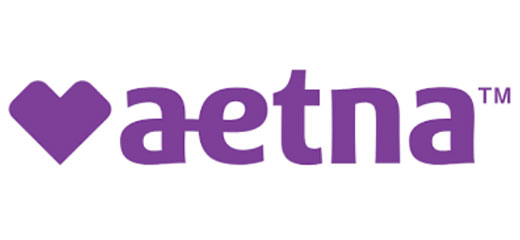Some original Medicare enrollees (Part A and Part B) may be familiar with Excess charges. Medicare’s Excess Charges stem from Medicare Part B coverage. Medicare Part B coverage provides for medical services and doctors services.
There are doctors who treat Medicare patients for the “assigned” rate that Medicare established for the treatment. But some doctors charge a rate higher than the assigned rate. Medicare caps the allowable limit at 15 percent over the assigned rate for doctors seeking the Medicare reimbursement.
For example, let’s say Medicare has calculated that the most reasonable and fair for all assigned rate for a particular office procedure is $200. Doctors who accept that assignment bill $200 or less according to the assigned rate for that procedure.
Now let’s say that your doctor or medical provider has determined that $200 is not enough for that particular procedure. In such cases, Medicare allows the doctor or provider to charge up to 15 percent more than the assigned rate for that procedure.
So, in the example above, a physician could charge a total of $230.00 for the procedure. This would be calculated as the $200 assigned rate plus the 15 percent excess charges that Medicare allows.
The additional $30.00 is not reimbursable by Medicare and becomes an out-of-pocket expense for the patient. This excess charge is in addition to any co-payments or deductibles you may also have to pay.
Depending on the health care providers you select, the number of visits you have per year, and the nature and cost of your procedures, excess charges may add up to a substantial out of pocket health care expense.
How to Avoid Medicare Part B Excess Charges
Medicare recipients can avoid paying Medicare Part B excess charges by one of the following ways:
- Patients can select health care providers who charge only the assigned rate for treatment and procedures. This way, there are no excess charges that will be billed to the patient.
- Medicare recipients may also elect to purchase a Medicare Supplement policy which pays any Excess Medicare Part B charges. Medicare Supplement Plan F and Medicare Supplement Plan G include coverage for Part B Excess charges.
Not Every State Has Medicare Part B Excess Charges
Not every state has Medicare Part B Excess charges. Some states don’t allow health care providers to charge the Excess fee. These states include New York, Pennsylvania, Vermont, Ohio, Rhode Island, Connecticut, Massachusetts, and Minnesota.
MUC37-2018-TIM











